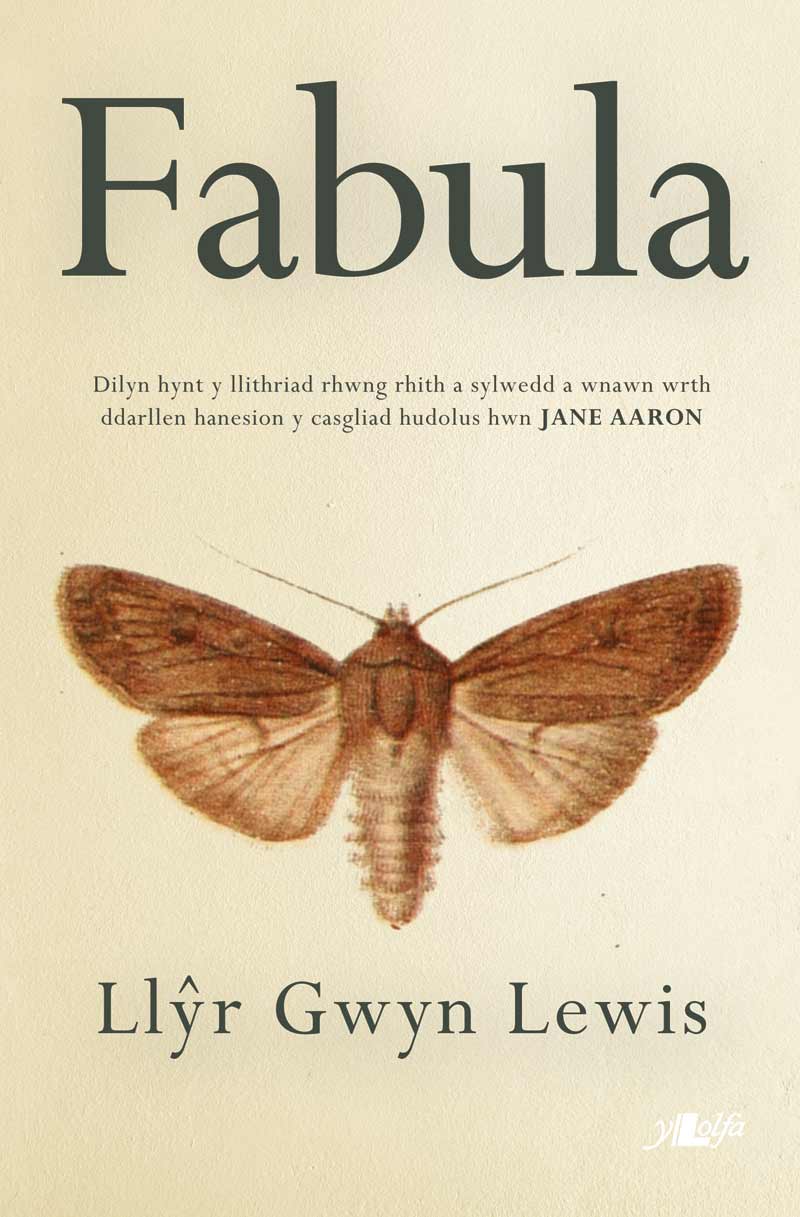Review:
Fabula by Llŷr Gwyn Lewis From Planet 229

Mary-Ann Constantine reviews
Fabula
by Llŷr Gwyn Lewis

Y Lolfa, £8.99
These stories – linked together by the in-and-out flittings of the moth (Fabula zollikoferi) which gives the collection its name and its rather beautiful cover – take us on all kinds of journeys. Journeys in space, from Argentina to Japan; journeys in time, from the present back to the deep medieval past and onwards to an imagined future. Journeys in the Welsh language, too, since the author is a dab hand at mimicry, and treats us to everything from marginal glosses in the Black Book of Carmarthen, to Renaissance humanist meditations, folktales in rich Glamorgan Gwenhwyseg, a volley of brutal, angry Gog, and the awkward, uptight prose of a nineteenth-century missionary (mercifully, she loosens up). Many of the subjects and themes are traditional enough to make your hair (or your toes) curl: the hunt for Cantre’r Gwaelod; a Welsh couple on a pilgrimage to Patagonia; tales of pirates and wreckers on the Glamorganshire coast; a group of young people, all with names out of the Mabinogion, struggling for a Free Wales under a lost leader called Arthur. But the treatment is decidedly modern – clever, sophisticated, literary, and distinctly, well, European. It is not surprising to learn that Literature Across Frontiers chose Llŷr Gwyn Lewis as one of their ‘ten new voices’ from Europe.
Sign in to read moreAbout the author
Mary-Ann Constantine works at the Centre for Advanced Welsh and Celtic Studies on the literature and history of Romantic-period Wales and Brittany; she has a particular interest in travel writing and in the cultural politics of the 1790s. She is the author of two short-story collections and a novel, Star-Shot (Seren, 2015).

